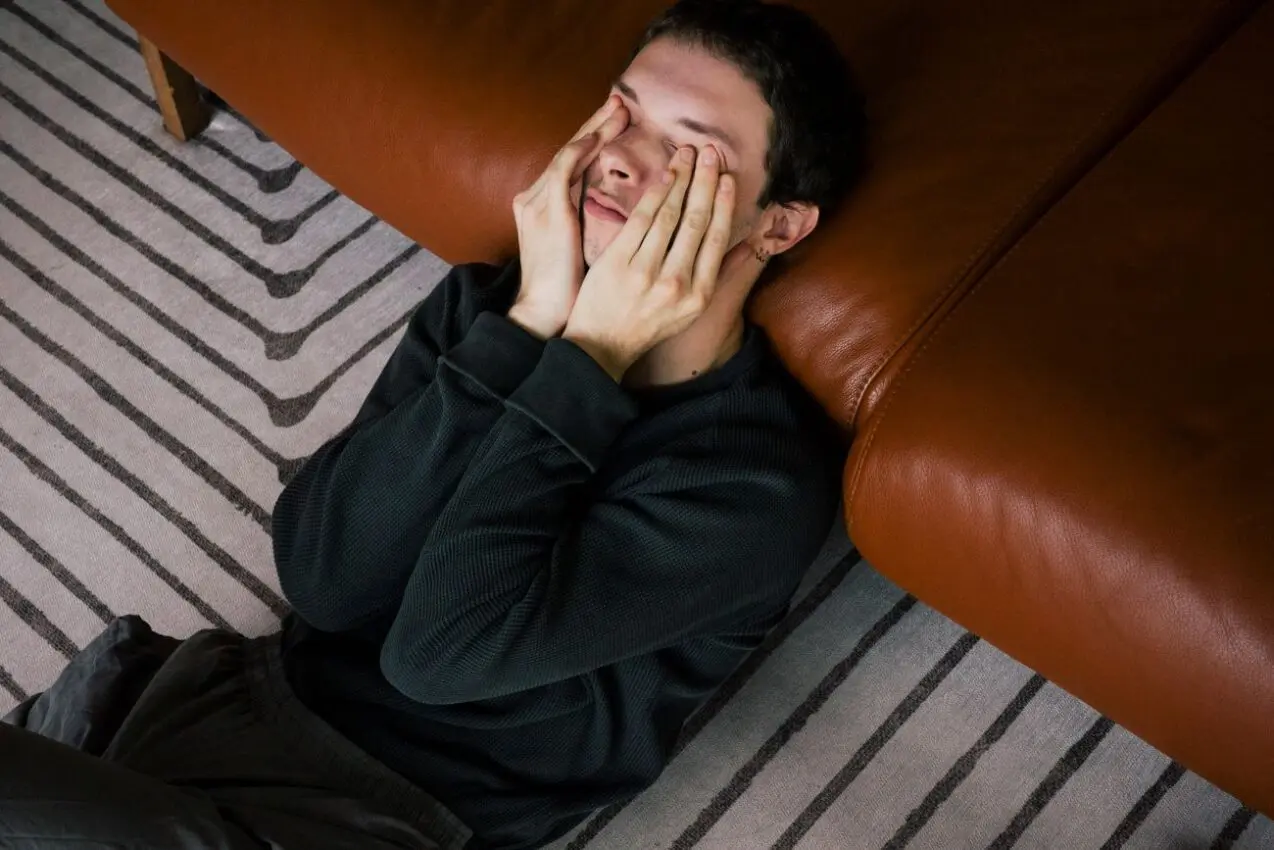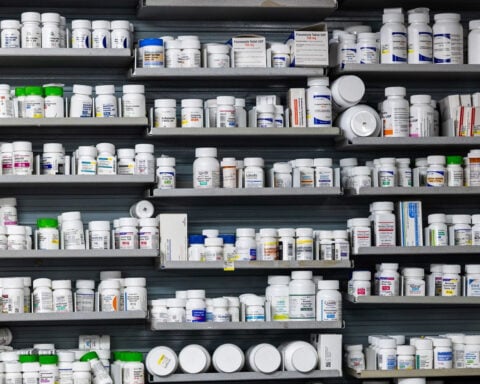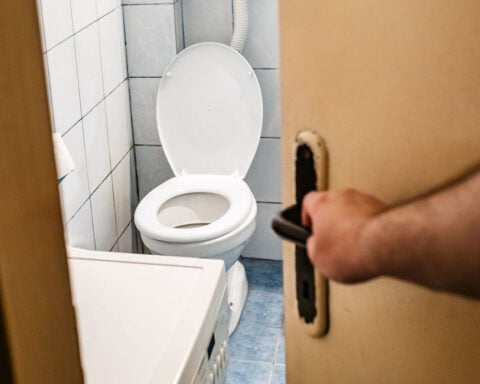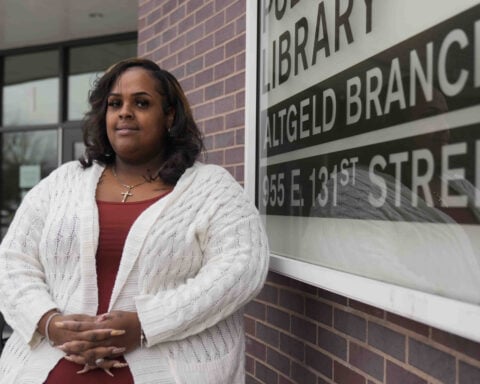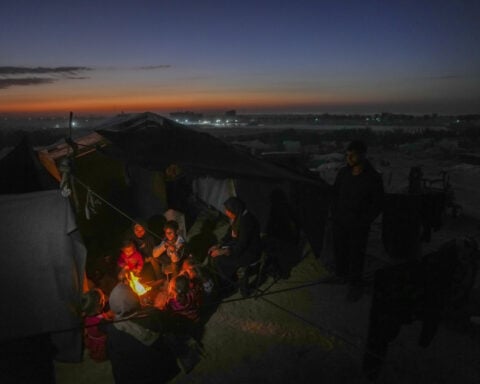A recent national survey revealed that one in five adults in the United States experiences loneliness on a daily basis. The findings, part of the Gallup National Health and Well-Being Index, indicate that 20% of American adults reported feeling lonely "a lot of the day yesterday."
This figure represents an increase from earlier this year and marks the highest rate of daily loneliness recorded in the past two years. However, it remains below the peak of 25% observed during the COVID-19 pandemic from 2019 to 2021.
Dan Witters, research director of the Gallup National Health and Well-Being Index, offered insight into the potential causes of this trend. "These are divided times," Witters told ABC News. "As we get closer to the election, that is going to drive people indoors to avoid areas of conflict."
The lingering effects of the pandemic may also play a role in the current loneliness rates. Eileen Graham, associate professor of medical social sciences at Northwestern University School of Medicine, noted that COVID-19 likely increased vulnerability to isolation. "There are a lot of aspects of our lives during COVID that became a bit more normalized by tending toward more virtual workspaces," Graham said. "Even though there has been a return to work, there are still certain aspects that still have not returned to normal."
Health experts emphasize the serious implications of widespread loneliness. Psychiatrist Dr. Sue Varma told CBS Mornings that loneliness should be considered "a medical problem" and taken "very seriously." Varma explained, "It is the equivalent of having somebody smoke 15 cigarettes per day, and we know that it affects our mind and our body. It predisposes us to anxiety and depression. It increases our risk by 30% for heart disease, for stroke, 50% for dementia, and 60% for premature mortality."
In 2023, U.S. Surgeon General Dr. Vivek Murthy declared loneliness and social isolation a public health epidemic. In an advisory notice, Murthy called for action to "build more connected lives and a more connected society because of the mortality impact of being socially disconnected."
"Loneliness is far more than just a bad feeling," Murthy stated. "It harms both individual and societal health. It is associated with a greater risk of cardiovascular disease, dementia, stroke, depression, anxiety, and premature death."
To combat this epidemic, Murthy advised individuals to "take small steps" daily to strengthen their relationships. "We can build lives and communities that are healthier and happier. And we can ensure our country and the world are better poised than ever to take on the challenges that lay ahead," he said.

 Suspect in German Christmas market attack held on murder charges
Suspect in German Christmas market attack held on murder charges
 Italy PM says EU will not allow Russia, others to endanger security through immigration
Italy PM says EU will not allow Russia, others to endanger security through immigration
 Stampedes in Nigeria leave at least 32 dead in a rush to get Christmas gifts
Stampedes in Nigeria leave at least 32 dead in a rush to get Christmas gifts
 Lindsey Vonn's 2nd World Cup race back from retirement is canceled due to poor weather in St. Moritz
Lindsey Vonn's 2nd World Cup race back from retirement is canceled due to poor weather in St. Moritz
 Turkey says it believes Kurdish fighters will be forced out of all Syrian territory
Turkey says it believes Kurdish fighters will be forced out of all Syrian territory
 China takes steps against Canada institutions, individuals over Uyghurs, Tibet
China takes steps against Canada institutions, individuals over Uyghurs, Tibet
 Japan's antitrust watchdog to find Google violated law in search case, Nikkei reports
Japan's antitrust watchdog to find Google violated law in search case, Nikkei reports
 Starbucks workers expand strike in US cities including New York
Starbucks workers expand strike in US cities including New York
 Isolated Chicago communities secure money for a coveted transit project before Trump takes office
Isolated Chicago communities secure money for a coveted transit project before Trump takes office
 Caitlin Clark effect hasn't reversed the decades-long decline in girls basketball participation
Caitlin Clark effect hasn't reversed the decades-long decline in girls basketball participation
 Howard throws 2 TD passes to Smith to help Ohio State rout Tennessee 42-17 in CFP
Howard throws 2 TD passes to Smith to help Ohio State rout Tennessee 42-17 in CFP
